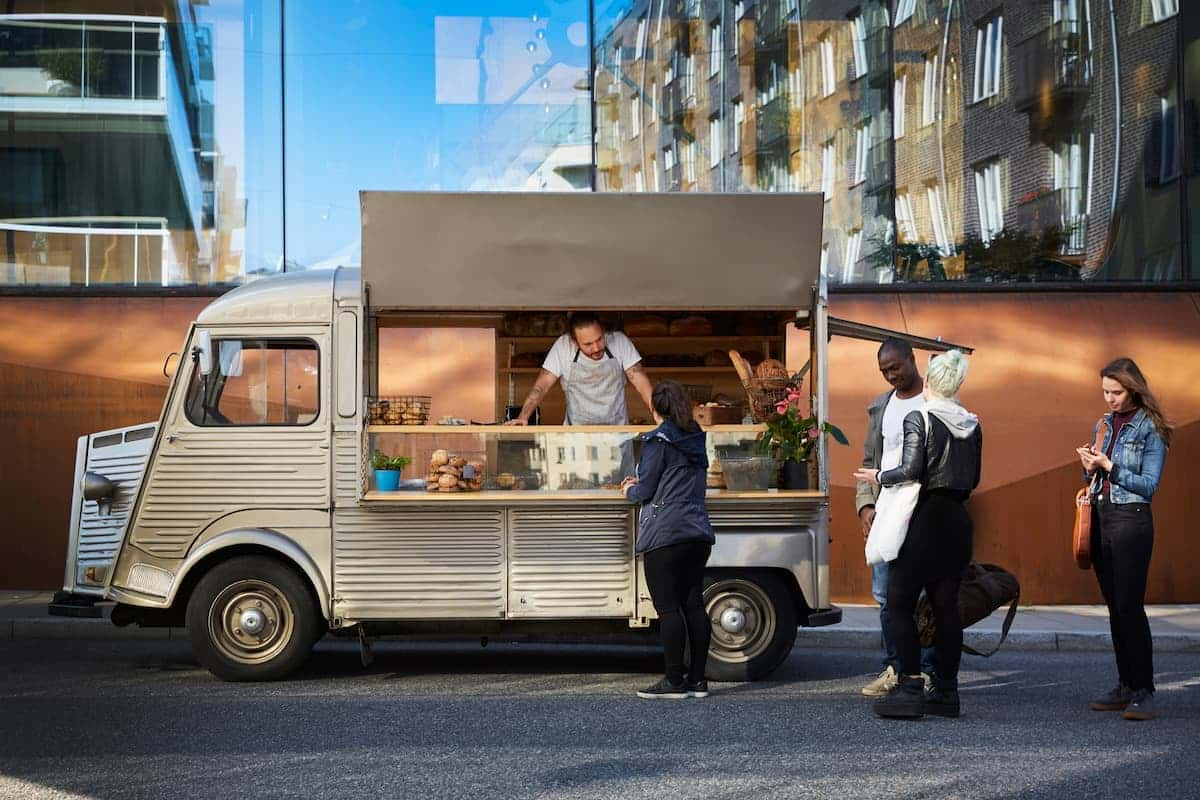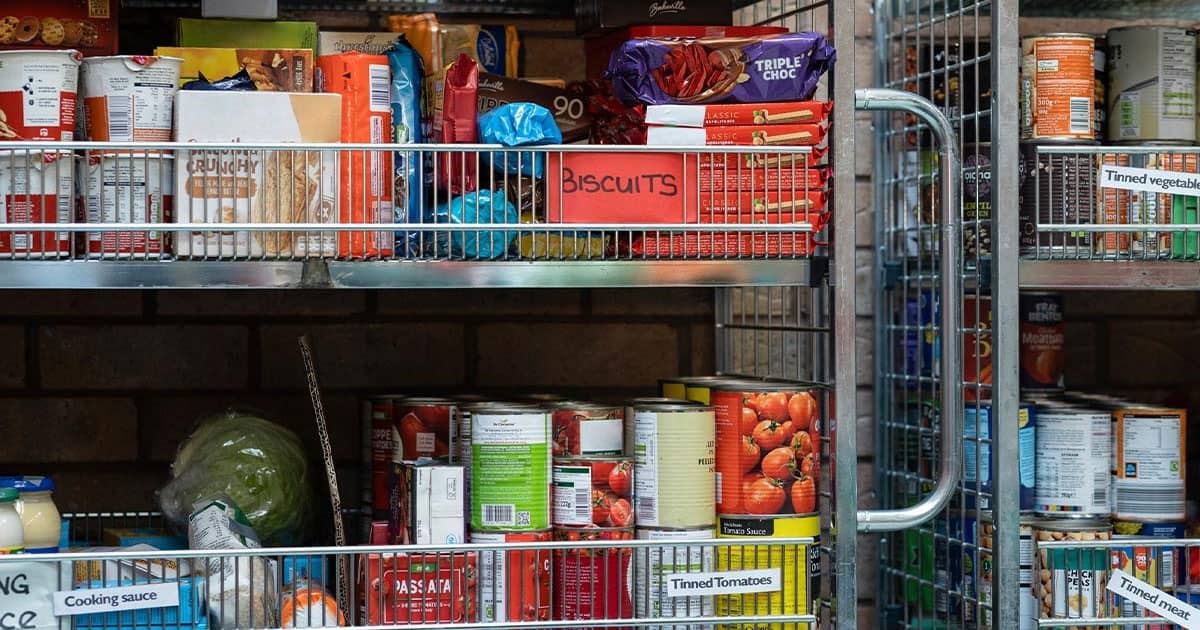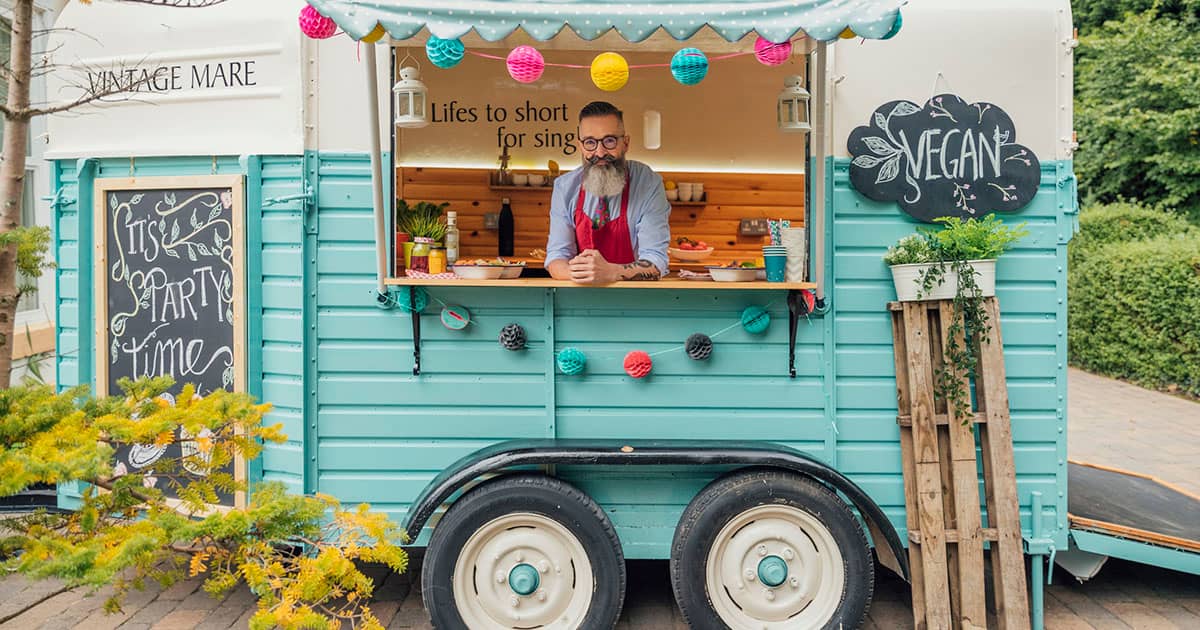Reducing risk for mobile caterers
Legislation
Whether you have a mobile catering business or a mobile food stall, you must abide by the legislation which sets out the rules for serving food in public.
- You must be registered with the Environmental Health Department at your local authority at least 28 days before you can start serving food.
- You must have the correct licensing to be able to serve food on public streets or on the side of the road. However, you may not need licences if you are on private land and the land owner has the correct licensing.
- You will need to legally register yourself as a business.
- You must conduct a Food Safety Risk Assessment based on the Hazard Analysis & Critical Control Points (HACCP).
- You need to ensure any employees have the correct food hygiene and food safety training and ensure that they complete it.
- Depending on your local council, you may be required to provide proof that you have taken out public liability insurance and product liability insurance. You will also be required by law to take out employers' liability insurance if you employ any staff.
- Make sure that your vehicle or pop-up stall is certified by a qualified gas technician.
- Have your vehicle or pop-up stall certified by an electrician who is registered with the National Inspection Council for Electrical Installation.
- Create a Food Safety Management System and a Due Diligence System.
- Ensure that you have hand washing facilities that are independent of your dish washing area.
Whilst this is an outline of the regulations that you need to follow, a more extensive list can be found at the Food Standard Agency’s website.
Mobile catering risks and how to reduce them
Transport Risks
- The containers for your food may become dislodged in transit, and if the containers are damaged, it could result in the food inside becoming contaminated or spoiled and will need to be written off, causing you to suffer a loss. Use additional security to make sure that your goods can’t move around whilst in transit. When you load your goods, make sure that any items can’t move around or spill.
- If you don’t keep your gas or electrical systems properly maintained, they could be at risk of causing a fire or an explosion. Make sure that you have your gas and electrical systems inspected at least once a year.
- If you need access to an electricity or water supply, you may be limited to what items on your menu you can serve. If you need electrical or water connections, ask ahead of time when visiting event sites to ensure that you have access.
- Adverse weather can cause damage to your vehicle or stall, which could also cause your food to become contaminated.
- During transit, your vehicle or stall could be damaged, incurring costs to repair any damage, but you will also most likely have to write off any food being transported. Confirm staff can drive and comfortably reverse any of the vehicles that you use. If some are unsure, provide training for them.
Food Preparation and Handling Risks
- Making sure that containers are properly labelled is essential to avoid cross contamination and out of date food, which could result in fines. Fresh food should be kept in an air tight container and labelled with the date it was made and what is in it. This will prevent contamination from other foods and will help you know how long to keep it for. Keep records of the suppliers that you source your food items from, including details of the freshness of the ingredients and when you used the ingredients.
- Food stored incorrectly could become spoiled. If food that requires refrigeration is left out in the open it could lead to food poisoning for your customers. Food in transit must be kept at or below 8°C, so make sure that your cooling systems are functioning. Keep hot food above 63°C.
- Hygiene is essential in making sure that food is suitable for your customers. If you or your staff prepare food in a dirty environment, your food could be contaminated, which could again, poison your customers. Make sure that your staff are trained on hygienic food handling and know how to properly wash their hands to kill all bacteria.
- If your food preparation area is cramped and/or there are spillages on the floor, you become more susceptible to slips and trips. As outlined by the legislation above, create a Due Diligence system and include instructions, procedures, your food hygiene management system, health and safety and fire safety.
- If you handle knives incorrectly then you or your staff could be seriously at risk of injury. Training your staff on how to use knives properly will help keep them safe, but using knives properly can also improve the quality of the food you serve.
This is by no means an extensive list of the risks to a mobile catering business; however it gives you an outline of the risks that you may face which could be costly to your business. The Food Standards Agency offers many help tips and guidance on running your food business.
Hospitality & Catering insurance with Premierline
Premierline is an insurance broker with experience in arranging bespoke insurance covers for food, hospitality or leisure businesses, including mobile catering businesses.
When you speak to one of our trained insurance advisers, they will assess your business insurance needs and contact some of the UK’s most well-known insurance companies to find you an insurance cover that is perfect for your business. Get in touch to receive a competitive, no obligation quote from one of our insurance experts.
















